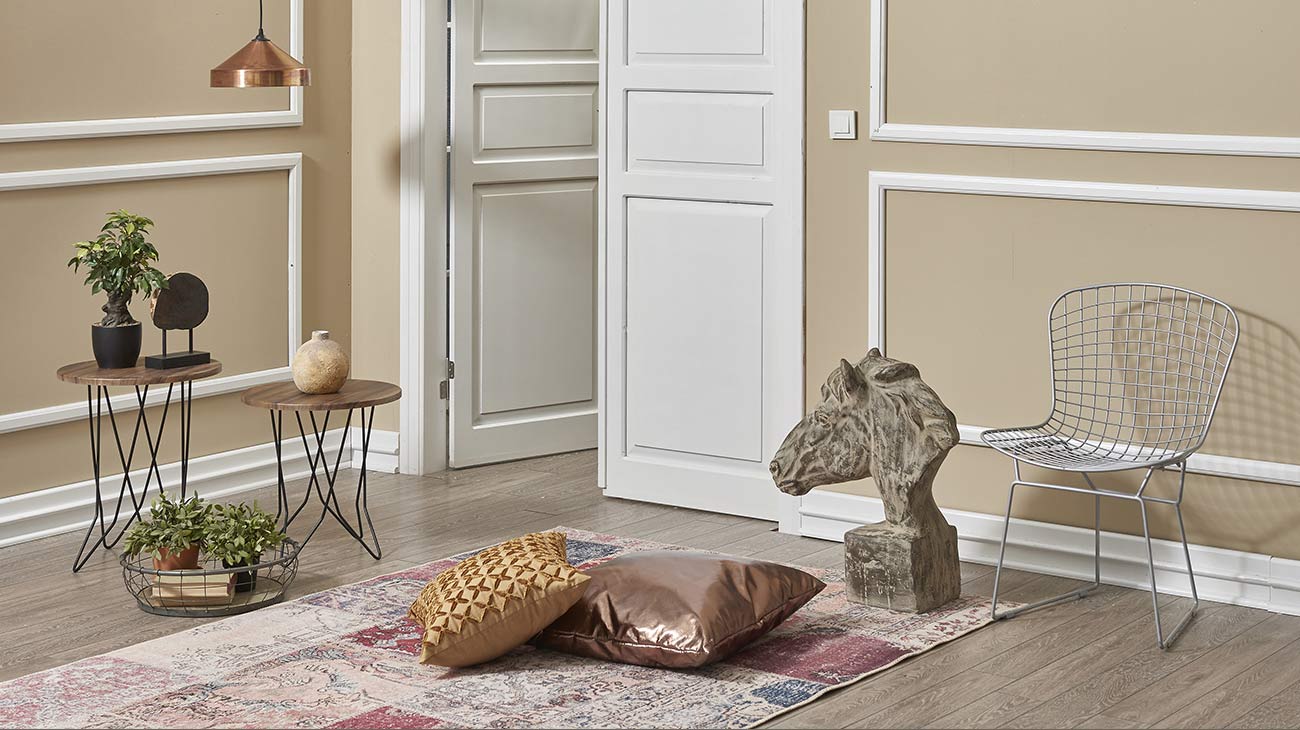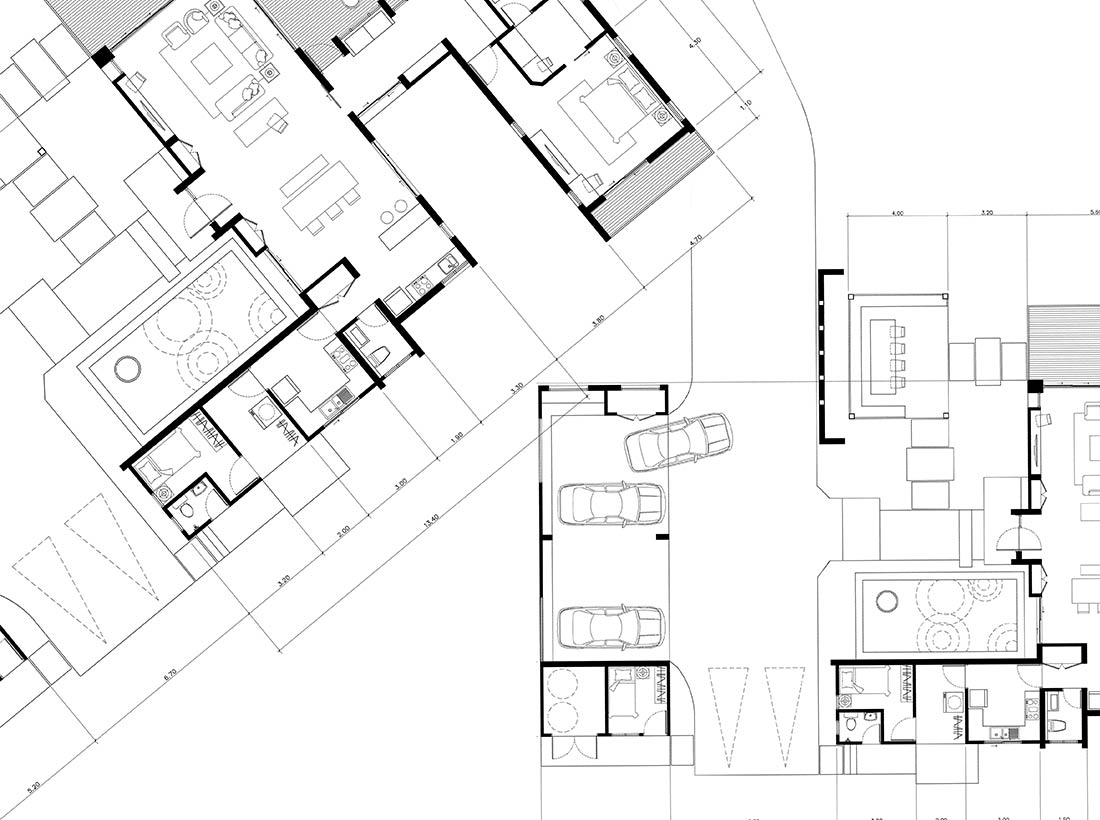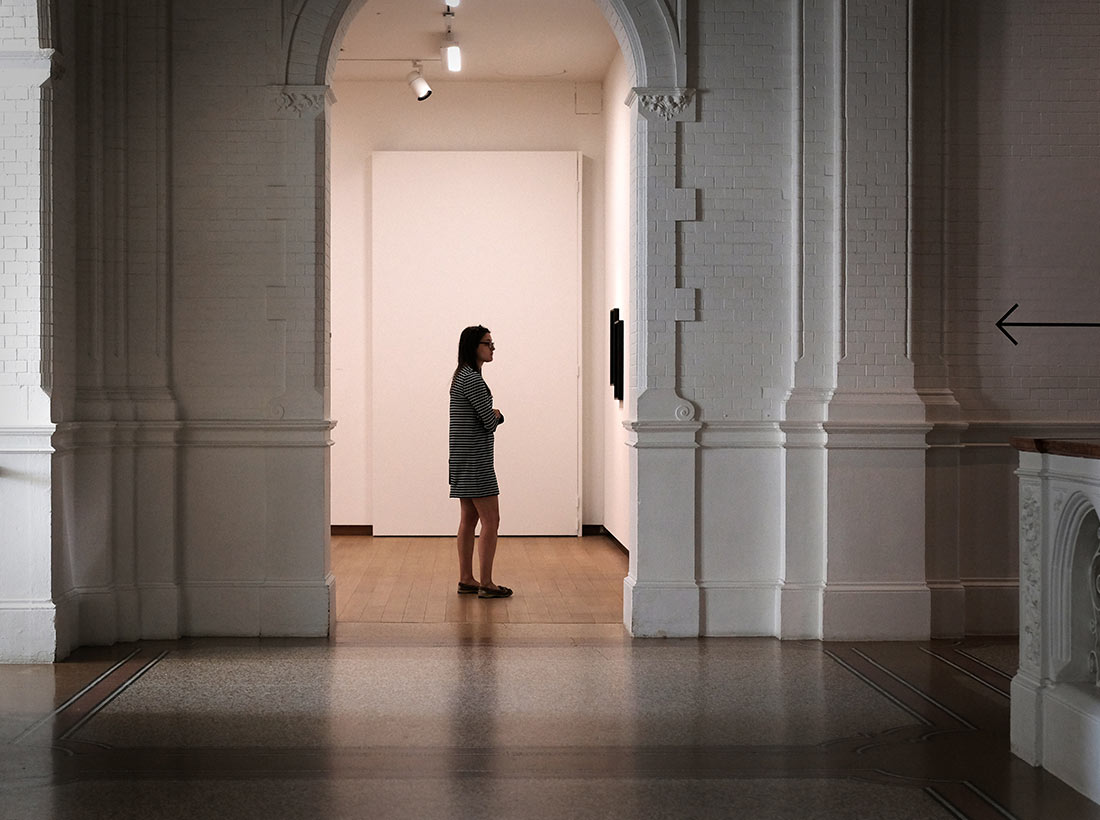Approvals & Taxes when refurbing your property
In Spain, various scenarios might necessitate the payment of taxes during property refurbishments, even for smaller-scale projects. Here are some examples:
Value Added Tax (VAT):
- Material Purchases: When acquiring materials for refurbishments, VAT is applicable on most goods and services, including building materials, fixtures, and fittings.
-
Professional Services:
VAT might also apply to professional services rendered during the refurbishment, such as architect fees, engineering services, or interior design consultations.
Construction-related Taxes:
-
Construction Tax (Impuesto sobre Construcciones, Instalaciones y Obras – ICIO):
Some municipalities levy a tax on construction, installations, and building works. This tax is usually calculated based on the project’s cost and is payable when obtaining building permits.
-
Stamp Duty (Actos Jurídicos Documentados – AJD): In certain cases, particularly when formalizing contracts or deeds related to the refurbishment, stamp duty might apply.
Local Municipality Taxes:
-
Property Tax (Impuesto sobre Bienes Inmuebles – IBI): During refurbishments, if the property undergoes significant changes or improvements, the assessed value might increase, subsequently affecting the property tax.
-
Waste Collection Tax (Tasa de recogida de residuos): In some areas, changes in property usage or renovations might trigger adjustments in waste collection taxes.
Income Tax Implications:
-
Rental Income Tax: If the property is used for rental purposes, expenses incurred during refurbishments might affect taxable rental income.
-
Capital Gains Tax:
Refurbishments that increase the property’s value might impact potential capital gains tax liability upon sale.
Other Considerations:
-
Licenses and Permits: While not taxes per se, costs associated with obtaining necessary licenses and permits for refurbishments can add to overall expenses.
-
Additional Charges by Contractors: Some contractors might include surcharges or fees in their quotes to cover administrative or tax-related expenses they incur.
It’s essential to consult with a tax advisor or legal professional familiar with Spanish tax laws and regulations, as tax implications can vary based on the specific nature of the refurbishment, the property’s location, and other factors.
Donec quam felis, ultricies nec. Proin gravida nibh vel velit auctor aliquet. Aenean nisi elit consequat.
Venenatis faucibus. Nullam quis ante. Aliquam lorem ante, dapibus in, viverra quis, feugiat a, tellus. Phasellus viverra nulla ut metus varius laoreet. Quisque rutrum. Aenean imperdiet. Etiam ultricies nisi vel augue. Curabitur ullamcorper Etiam sit amet orci eget eros. Nam quam nunc, blandit vel, luctus pulvinar, hendrerit id, lorem. Aliquam lorem ante, dapibus in, viverra quis, feugiat a, tellus. Phasellus viverra nulla ut metus varius laoreet. Quisque rutrum. Aenean imperdiet. Etiam ultricies nisi vel augue. Curabitur ullamcorper ultricies nisi. Nam ege.











